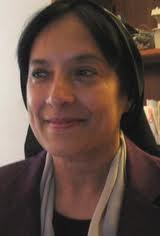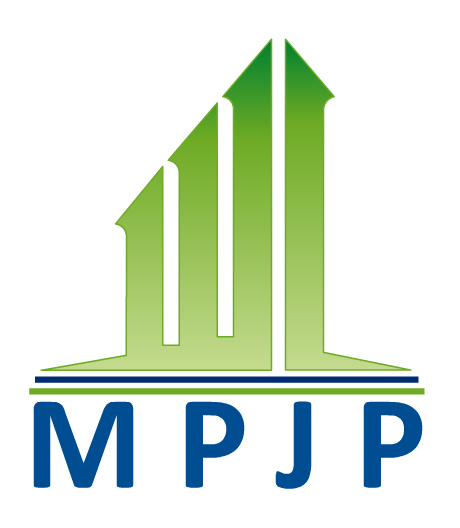
A New ‘Leadership Generation’ of Muslim Americans
 A recent Gallup poll has indicated that most Muslim Americans do not feel they are represented by existing Muslim organizations in America. The highest approval rating any one of these organizations received was only 12%. While we must assert that all of these existing organizations do extremely valuable work, we also understand that there exists a huge gap between the sociopolitical aspirations of Muslim Americans and the previous achievements of Muslim American organizations. In order to address these issues, we must consider the following:
A recent Gallup poll has indicated that most Muslim Americans do not feel they are represented by existing Muslim organizations in America. The highest approval rating any one of these organizations received was only 12%. While we must assert that all of these existing organizations do extremely valuable work, we also understand that there exists a huge gap between the sociopolitical aspirations of Muslim Americans and the previous achievements of Muslim American organizations. In order to address these issues, we must consider the following:
- American Muslims are a unique minority. The famous Pew survey several years ago revealed that 65% of Muslims in America were born in other countries. These first-generation immigrant peoples are on the one hand well-connected with the societies in which they came from and on the other hand well-adjusted and acculturated American citizens. This group has enormous potential to build bridges between oft-confrontational societies. In fact, Muslim Americans are common denominators between two of the most polarized camps of the world today. Thus, a visionary leadership must emerge to arouse a popular movement from among Muslims in this country towards a paradigm shift between America and Muslim-majority societies.
- America is not only a superpower and influential nation in our time, but also a democratic country that provides an impartial rule of law and a pluralistic and conducive environment for citizens to engage with society and government to raise a voice for change. There is no leadership as of now that has taken full advantage of this unique opportunity that American Muslims have. Of all American civil society players, American Muslims have unparalled abilities advocate to American policymakers – as a unified bloc – for more open and pluralistic societies in their respective countries of origin.
- Neither the American people nor the American government is monolithic. At any given time on any given issue, diverse or opposing forces work towards a resultant outcome. We often see negative outcomes, but we fail to see the multiple forces, including our civil society and government allies, working behind the scenes. If Muslim Americans are relatively united and can align with like-minded American civil society and political groups, the balance of power would change. There are about 6 to 7 million Muslims in America who came from 56 Muslim majority societies around the world. Many Muslims were the cream of the crop of those lands. The PEW exposes that the American Muslims are more well-educated and well-to-do than average Americans, and they are moderate in their ideological views. These predispositions are positive elements that can magnify their efforts towards becoming powerful catalysts of change. And if we can help to change the way in which America engages with the Muslim world, the Muslim world would also change its attitude towards America and American democratic values. We need to work from both sides to bridge the gap.
- If a visionary American Muslim leadership could promote constructive engagements and a change in mindset towards these aspects of American foreign policy, it could bring about enormous welfare to the Muslim world and American society as well as self-empowerment to all of the American Muslim organizations that currently exist. That could help to overcome Islamophobia and other hurdles in the shortest possible way. This is a win-win situation. Muslim Americans must engage intensely and consistently with American foreign policy – including American policymaker attitudes towards new developments such as the Arab and North African revolutions – if they want to achieve this empowered status.
- By remaining fragmented, afraid, reactionary, and distant in our attitudes and activities, we have ‘shot ourselves in the foot’ and done a tremendous disservice to our cause. This must change and can change. A capable leadership can offer effective agendas to work towards this paradigm shift, and this leadership is what we urgently need today.
We sincerely invite you to respond with your thoughts, as well as advice on how you can help our community towards these goals. I can be contacted via e-mail:- rubyamatulla@yahoo.com
Regards,
Ruby Amatulla, Executive Director,
Matthew Cappiello, Outreach Director
Dr. Edip Yuksel, Mike Ghouse, Dr. M. Khan Kharoti,
Bill Aossey, Joe Aossey, Dr. Ahmed Mansour….. Board Members
Muslims for Peace, Justice and Progress


